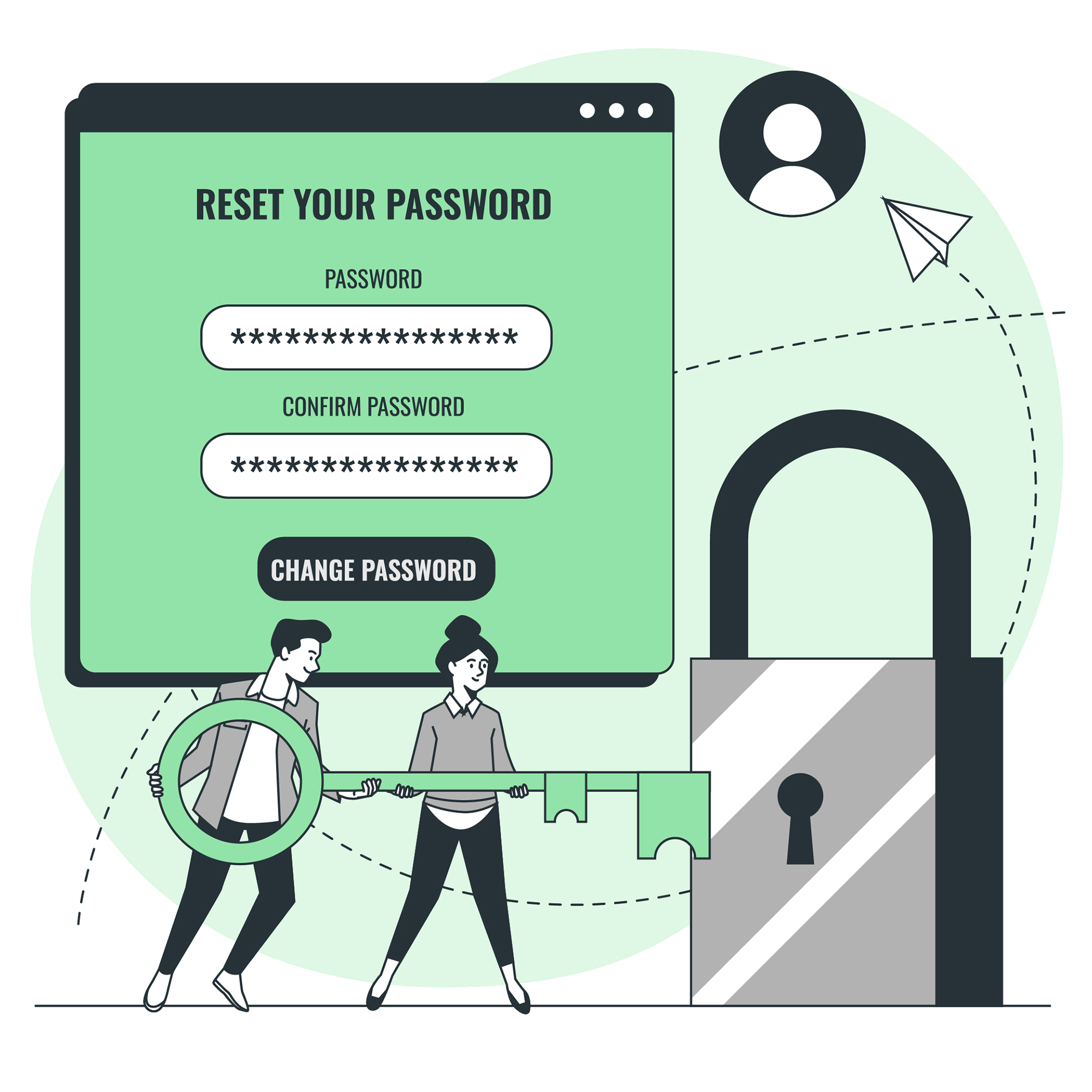In the digital age, passwords are the key to keeping your personal and business information secure. It is essential to create strong passwords and keep them secure. In this article, we’ll discuss the importance of password security and how to create and maintain secure passwords.
1. What is a Secure Password?
A secure password is one that is difficult for hackers to guess. It should include a combination of letters, numbers, and symbols, and should be at least 8 to 10 characters in length. Ideally, it should be unique and not contain any personal information, such as birthdays or names.
2. How to Create a Secure Password
The best way to create a secure password is to use a combination of upper and lowercase letters, numbers, and symbols. It should also be a minimum of 8 to 10 characters long. Additionally, it should be unique and not contain any personal information.
3. Common Password Pitfalls
One of the most common mistakes people make when creating passwords is using easily guessable words or phrases, such as pet names or birthdays. Additionally, using the same password for multiple accounts or using simple passwords like “123456” is also a security risk.
4. The Dangers of Weak Passwords
Weak passwords are a major security risk because they can easily be guessed or cracked by hackers. If your password is compromised, it can lead to identity theft, financial loss, and other serious issues.
5. Don’t Reuse Passwords
It is important to never reuse passwords, as this increases the risk of a security breach. If one account is compromised, any other accounts with the same password are also at risk.
6. Password Managers: A Secure Solution
Using a password manager is an effective way to keep track of all your passwords. Password managers generate secure passwords and store them in an encrypted database, making it easy to access them when needed.
7. Two-Factor Authentication
Two-factor authentication adds an extra layer of security by requiring users to enter a second code or verification method, such as a text message or email. This makes it more difficult for hackers to gain access to your accounts.
8. What to Do if Your Password is Compromised
If your password is compromised, it is important to take immediate action. Change the password for the affected account and any other accounts with the same password. Additionally, be sure to monitor your accounts for suspicious activity.
9. Protecting Your Business Passwords
Businesses should take extra precautions to protect their passwords. This includes using two-factor authentication, creating complex passwords, and regularly changing them. Additionally, businesses should use a password manager and restrict access to sensitive information.
10. Don’t Wait – Secure Your Password Now!
It is essential to secure your passwords now to protect your personal and business information. Create strong, unique passwords and use a password manager to keep them safe. Additionally, use two-factor authentication and regularly change your passwords to ensure maximum security.
Password security is essential in the digital age. Taking the time to create secure passwords and keep them safe is an important step in protecting your information. Don’t wait – secure your passwords now!




![Crafting Unforgettable Passwords: A Guide for Developers A string of random characters typically has higher entropy compared to a few common words due to the vast number of possible combinations. For example, a 10-character lowercase password has roughly the same entropy as a 4-word passphrase picked from a 5000-word dictionary [5].](https://passwordclinic.com/wp-content/uploads/2024/06/automation-section-3-150x150.webp)




![A string of random characters typically has higher entropy compared to a few common words due to the vast number of possible combinations. For example, a 10-character lowercase password has roughly the same entropy as a 4-word passphrase picked from a 5000-word dictionary [5].](https://passwordclinic.com/wp-content/uploads/2024/06/automation-section-3.webp)

